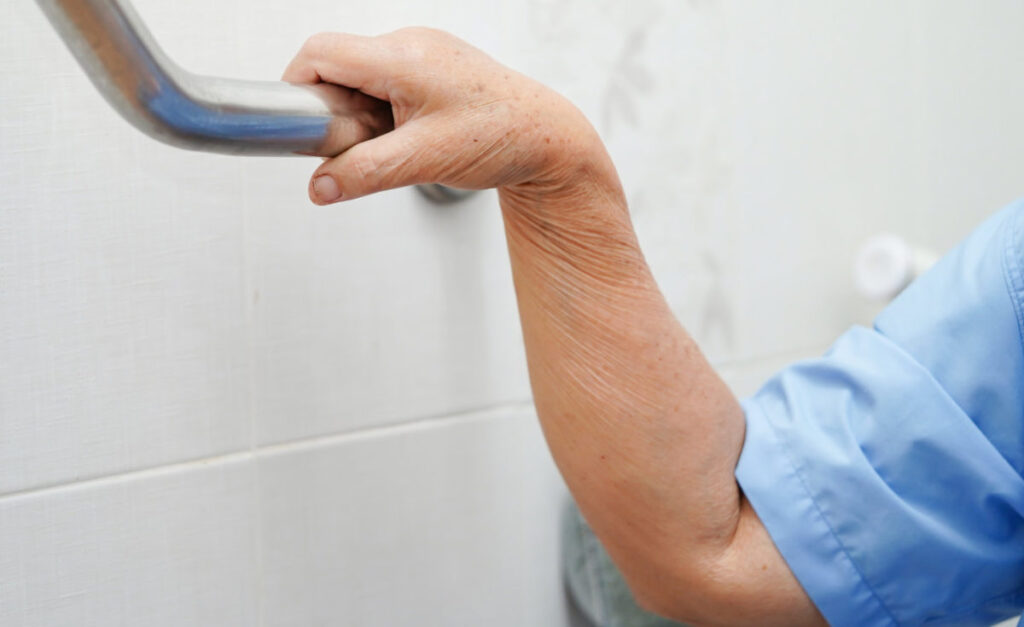Preparation for Patient Homecoming – A Step-by-Step Guide for a Smooth Transition
Bringing a loved one home after a hospital stay or extended care can be an overwhelming and emotional experience. The transition from a medical facility back to the comfort of home requires thoughtful planning to ensure that the patient receives the necessary care and support while also creating a comfortable and safe environment. At Devoted Helpers, based in Sugar Land, Texas, we are here to guide you through the process and help you prepare for a smooth and successful homecoming.
In this article, we’ll walk you through essential steps for preparing for a patient’s return home, ensuring that your loved one has the care they need, and that the home environment is ready for their needs.
Assess the Patient’s Needs
The first step in preparing for a patient’s homecoming is to assess their current health status and specific needs. Consider their medical condition, mobility level, and daily care requirements. Work closely with healthcare professionals to understand the level of care your loved one will need once they’re home.
Some questions to ask include…
- What kind of medical care or treatments will the patient need?
- Will they require assistance with daily activities such as bathing, dressing, or eating?
- Do they need mobility aids such as a wheelchair, walker, or grab bars?
- Is there a need for ongoing therapy or medication management?
Understanding these factors will help you determine the level of care required, and whether you need professional assistance from a caregiver or medical provider.
Prepare the Home Environment
Making sure the home environment is safe and comfortable is crucial for a smooth homecoming. Depending on the patient’s condition, certain modifications or adjustments may be necessary to create a safer and more accessible space.
Here are some steps to help prepare the home…
- Remove Hazards – Clear away any obstacles that could pose a trip hazard, such as loose rugs, cords, or furniture in the way. Ensure that the pathway from the patient’s room to the bathroom is clear.
- Install Safety Features – Consider adding grab bars in the bathroom, a raised toilet seat, or a shower chair to promote safety and ease of use. If necessary, add ramps or widen doorways to accommodate a wheelchair.
- Create a Comfortable Sleeping Space – Ensure that the bed is easily accessible and provides comfort for the patient, especially if they have mobility issues. Consider using a hospital bed with adjustable settings for comfort and ease of care.
- Stock Up on Essentials – Ensure that the patient’s medications, medical supplies (such as wound care items or oxygen), and personal care items are readily available and organized.
Organize Medical Equipment and Supplies
If your loved one requires medical equipment, such as oxygen tanks, wound care supplies, or a hospital bed, it’s important to make arrangements for these items before they come home. Speak with the hospital or healthcare providers to understand what equipment is necessary and make sure it will be delivered on time.
You should also have a system in place for tracking medications and ensuring that prescriptions are filled, especially if they require ongoing medication management. Set up a medication calendar or reminder system to help avoid missed doses.
Arrange for Home Health Care Services
In many cases, patients will need assistance from healthcare professionals, especially if their condition requires ongoing monitoring or skilled medical care. Devoted Helpers can assist with providing in-home care services such as…
- Personal care assistance – Help with bathing, dressing, and grooming.
- Companionship care – Providing emotional support and social interaction.
- Skilled nursing care – Administering medications, monitoring vital signs, and providing wound care.
- Physical therapy – Helping with mobility exercises or recovery activities.
It’s important to work with healthcare providers to develop a care plan that outlines the services needed and the frequency of care visits. At Devoted Helpers, we offer customized home care plans to ensure your loved one receives the care they need, when they need it.
Create a Support System
Caring for a loved one after their return home can be a full-time responsibility, and it’s important to have a strong support system in place. You might not be able to provide 24/7 care on your own, so consider the following…
- Family and friends – Ask for help from other family members or friends to take turns providing care. A support team can help you avoid burnout and ensure that your loved one’s needs are met.
- Professional caregivers – If you need assistance, hiring a caregiver can help alleviate the workload. Professional caregivers can support with daily activities, assist with medical needs, and offer companionship.
- Respite care – Respite care services can offer relief to primary caregivers, allowing you to take a break while ensuring your loved one receives the necessary care.
Prepare for Follow-Up Appointments and Ongoing Care
After a hospital stay or treatment, your loved one will likely need follow-up appointments and ongoing care. Be sure to schedule these appointments before they come home and arrange transportation if necessary. This may include doctor visits, physical therapy, or other specialized treatments.
Keep a calendar or care plan with dates, times, and important notes for appointments. It’s also a good idea to have a list of questions for healthcare providers and take notes during appointments to ensure you understand the next steps in their care.
Plan for Emotional and Psychological Support
Returning home after a serious illness or injury can be an emotional experience for the patient, especially if they’re facing a long recovery. The patient may feel anxious, frustrated, or isolated during this transition. It’s important to provide emotional and psychological support to help them cope with their feelings and adjust to their new circumstances.
- Be patient and understanding – It may take time for the patient to adjust to their new routine, and they may experience mood swings or emotional highs and lows. Be supportive and encourage them to express their feelings.
- Engage in activities – Social interaction and mental stimulation are essential for emotional well-being. Encourage hobbies, games, or conversations to keep the patient engaged and uplifted.
- Consider counseling or therapy – If necessary, explore professional support, such as therapy or counseling, to help the patient adjust to their new reality.
Provide Continuous Monitoring and Support
Once your loved one is home, it’s important to continuously monitor their condition and make adjustments to their care plan as needed. This may include watching for changes in their physical or emotional health and modifying the level of care accordingly.
Regularly check in with healthcare providers to ensure that your loved one’s condition is improving or to address any concerns. Communication with the care team, including family members and professional caregivers, is key to ensuring the best possible outcomes.
The process of bringing a patient home after a hospital stay can be a stressful yet rewarding experience. With careful planning and preparation, you can ensure that your loved one receives the necessary care and support while also creating a safe and comfortable environment for them to recover in.
At Devoted Helpers, we are committed to providing professional and compassionate care to families in Sugar Land, Texas, and surrounding areas. Whether you need assistance with personal care, skilled nursing, or emotional support, we are here to guide you through this important transition. Contact us today to learn how we can help make your loved one’s homecoming as smooth and seamless as possible.


